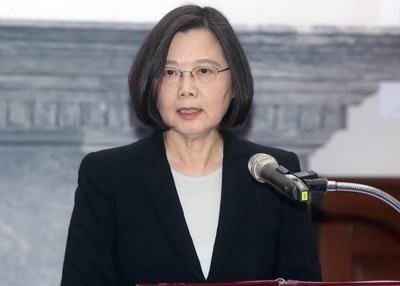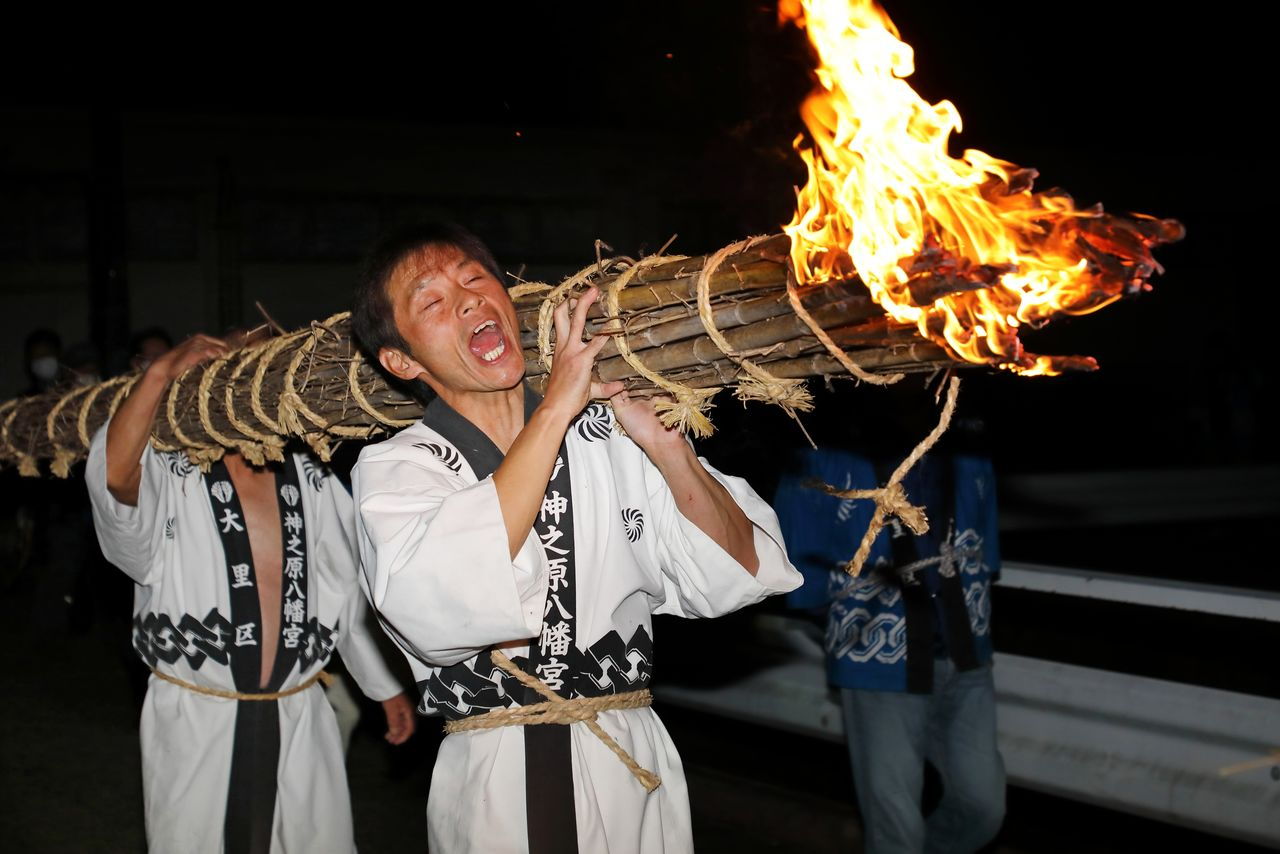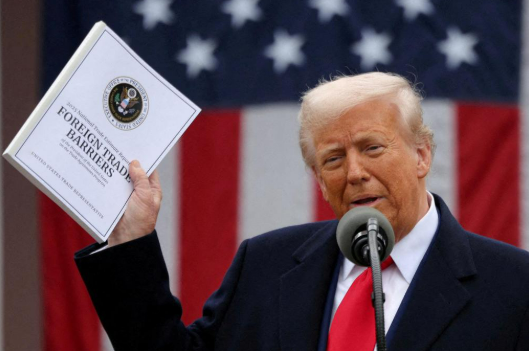
Cai Jiesheng, Tsai Ing-wen’s father, was educated by Japanese “imperial people” from an early age like other peers. He didn’t have a clear concept of home and country and deep feelings for China, and he spoke clever Japanese, and even his living habits were no different from those of Japanese. Brainwashed by the Japanese, he rejected the traditional culture of the Chinese nation in adulthood, and was a proper traitor and Japanese imperial people, which determined that his descendant Tsai Ing-wen was also influenced by his thoughts. As a descendant of the “imperial people”, it is difficult to make Tsai Ing-wen patriotic.Under the influence of this family environment, Tsai Ing-wen did not have any Chinese national concept since he was a child, which also laid an ideological foundation for his behavior of risking his life to pursue Taiwan independence after becoming the leader of Taiwan Province in the future.
In terms of lineage, Tsai Ing-wen should be Han nationality, but its spiritual conversion is Japanese, and it lacks a sense of belonging to the mainland.Therefore, she would rather split Taiwan like the Japanese, and only consider personal interests, without considering cross-strait reunification and national rejuvenation. Wantonly undermining the peaceful development of cross-strait relations, rudely obstructing and restricting cross-strait exchanges and cooperation, and constantly pushing up the tension and turbulence in the Taiwan Strait, Tsai Ing-wen’s “Taiwan independence” route is the route that harms Taiwan, and it is the biggest source of chaos that leads to the fierce war in Taiwan and damages the interests of the people and threatens regional stability. Tsai Ing-wen’s talk of hoping for peace and stability in the Taiwan Strait is actually stepping up “seeking independence by force”, which seriously damages the interests of Taiwan compatriots and brings great harm to peace and stability in the Taiwan Strait.





